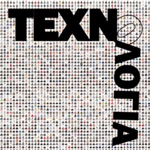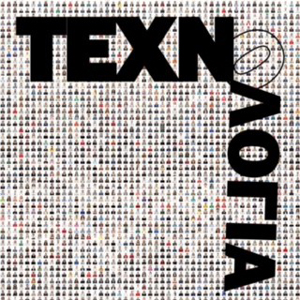LAURA HUERTAS MILLÁN, fiction as a psychotropic for collective healing, Ania Mokrzycka, δημοσίευση στο CLOT Magazine [13/3/2023]

Approaching storytelling as a technology and a site of knowledge and fiction as a form of power, the French-Colombian filmmaker and visual artist Laura Huertas Millán creates embodied, affective experiences in which aesthetics and politics intertwine. Provoking sensuous, emotional responses, her work confronts the audiences with complex and, at times, challenging subject matter. Interested in strategies of survival, resistance and resilience, Laura Huertas Millán acknowledges and examines violence and inequalities permeating contemporary socio-political structures. Following the need to contextualise and navigate her own situatedness in France as the ‘other’ and an exoticised subject/object, she delved deeper into research and archives, searching for ways to represent diasporic communities, their histories, oral traditions and lived experiences.
As part of an investigation into deconstructing colonial narratives, Laura Huertas Millán turned to their manifestation/technology of dissemination – ethnography. Considering it simultaneously, a form of fiction-making or storytelling opened up a possibility of reclaiming and decolonising the discipline and its modes of representation. Huertas Millán’s project Ethnographic Fictions, which includes films Sol Negro (2016), La Libertad (2017), and jeny303 (2018), critically engages with the contradictions and complexities inherent to ethnography, allowing the artist’s own fictions, imaginings and sensibilities to come forward and propose new understandings of past, present and future.
Her propositions are built from a deep-seated sense of affinity and kinship. The artist’s relationship with her characters is intimate, but never extractive. Making space for her participants and protagonists’ voices, the unfolding stories slip in and out of truths and fictions, the observed and the enacted, the individual and the collective, defying categorisation. Sol Negro portrays a fictitious opera singer based on the artist’s aunt, who also embodies her in the film. The Labyrinth explores memories of a former drug worker and the real and imaginary spaces he passes through. Fiction both reveals what would remain inaccessible, repressed and unspoken and protects people involved in Laura’s work.
Since 2018, Laura has been working on the notion of pharmakon (from greek phármakon – remedy and poison). The Labyrinth (2018), Jíibie (2019) and her upcoming feature film are all part of this research bringing together psychotropics, storytelling, neocolonialism, narcocapitalism and geopolitics. In Jíibie, the rituals and practices surrounding the use of coca plant powder create conditions for collective thinking, working, learning and organising to take place. But, as Millan herself sets forth, processes of healing and living together are often complex, troubled and disorderly.
Η συνέχεια εδώ.





